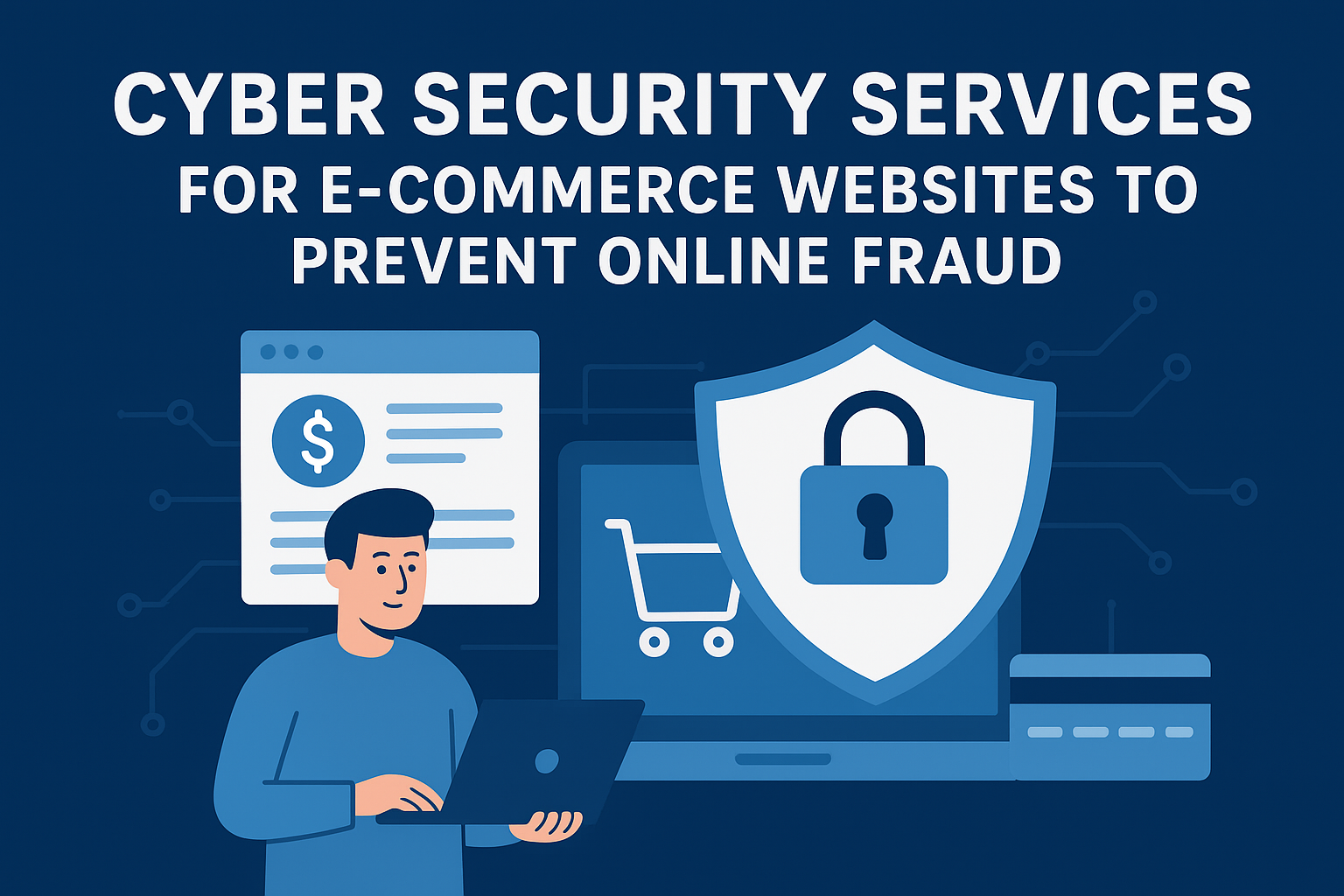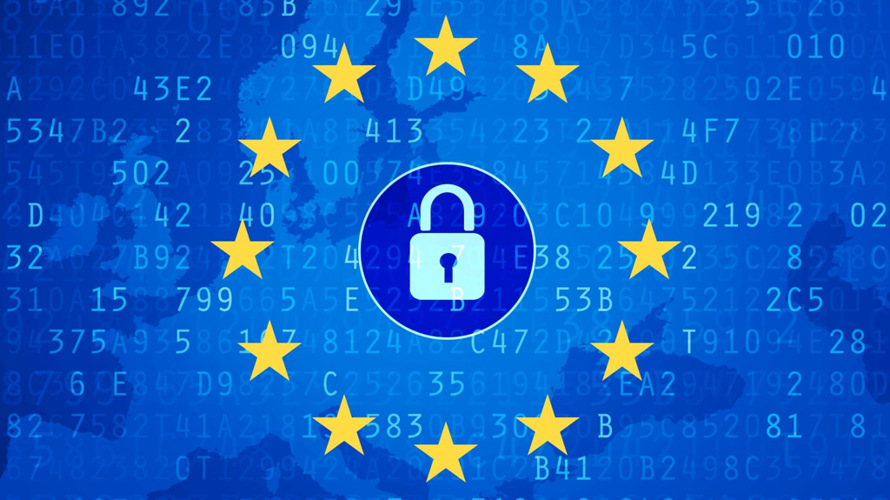Cyber Security Services for E-commerce Websites to Prevent Online Fraud

In today’s digital era, e-commerce websites are booming. From small boutiques to massive marketplaces, businesses are moving online. But with this growth comes risk. Cybercriminals are constantly devising ways to steal customer data, manipulate transactions, and commit online fraud. That’s where Cyber Security Services come into play. If you’re running an online store, understanding and implementing robust cybersecurity measures is no longer optional—it’s essential.
What is Cyber Security for E-commerce?
Cyber security for e-commerce involves protecting your online store, customer information, and financial data from digital threats. Its primary goal is to safeguard the integrity, confidentiality, and availability of your systems. From preventing unauthorized access to detecting malware, these services ensure your business and your customers are safe from harm.
Why E-commerce Websites Are Prime Targets
E-commerce sites are attractive to cybercriminals for several reasons:
-
High volume of transactions: More transactions mean more opportunities for fraud.
-
Sensitive customer data: Personal and financial information can be sold or misused.
-
Common vulnerabilities: Outdated software, weak passwords, and poorly configured systems make it easier for attackers to gain access.
Think of your online store as a bank—without proper security, it’s a tempting target.
Types of Online Fraud Affecting E-commerce
E-commerce businesses face numerous online threats:
Payment Fraud
Fake transactions, stolen credit cards, and chargebacks can cause significant financial loss.
Account Takeover
Hackers gain control of customer accounts to make unauthorized purchases.
Phishing Attacks
Fake emails or websites trick customers into revealing sensitive information.
Fake Reviews and Scams
Fraudsters post false reviews or create counterfeit products to deceive buyers.
Essential Cyber Security Services
Network Security
Protects your servers, routers, and devices from intrusion.
Application Security
Ensures your website and apps are free from vulnerabilities.
Data Encryption
Scrambles sensitive information, making it unreadable to unauthorized users.
Multi-factor Authentication (MFA)
Adds an extra layer of security beyond passwords.
Role of Firewalls and Anti-Malware
Types of Firewalls
-
Network firewalls filter traffic at the network level.
-
Web application firewalls protect websites from malicious traffic.
Anti-Malware Protection
Detects and removes viruses, spyware, and ransomware. A good anti-malware solution is crucial to prevent breaches.
Importance of SSL Certificates
SSL certificates encrypt communication between your website and customers. They not only protect sensitive data but also build trust. A small padlock icon can make a huge difference in conversion rates.
Regular Security Audits and Vulnerability Assessments
Security audits help identify weaknesses before attackers exploit them. Vulnerability assessments simulate attacks, highlighting areas that need immediate attention. Think of it as a routine health check for your website.
Implementing Secure Payment Gateways
Secure payment gateways like PayPal, Stripe, and others protect customer transactions. Compliance with PCI DSS standards ensures that cardholder data is handled safely, reducing fraud risk.
Monitoring and Threat Detection
Real-time monitoring tools and intrusion detection systems alert you to suspicious activity immediately. Early detection can prevent breaches before they escalate.
Employee Training and Awareness
Humans are often the weakest link in cybersecurity. Training employees on phishing, password policies, and safe online behavior is critical. Think of your staff as your first line of defense.
Disaster Recovery and Data Backup
Even with the best security, breaches can happen. Regular backups and a solid disaster recovery plan ensure that your business can bounce back quickly, minimizing downtime and financial loss.
Cyber Security Dubai: Local Services and Expertise
Dubai has become a hub for cybersecurity innovation. Companies offering Cyber Security Dubai services provide tailored solutions for e-commerce businesses. From threat monitoring to regulatory compliance, local experts understand the unique challenges of operating in the region.
Best Practices for E-commerce Cyber Security
-
Use strong, unique passwords.
-
Update software and plugins regularly.
-
Educate customers about safe online practices.
-
Monitor for suspicious activity daily.
-
Limit access to sensitive data to trusted personnel.
Implementing these best practices can dramatically reduce the risk of fraud.
Conclusion
Securing your e-commerce website is no longer optional—it’s a necessity. By investing in Cyber Security Services, leveraging local expertise in Cyber Security Dubai, and following best practices, you protect your customers, your business, and your reputation. Remember, a secure online store is a trusted online store.
FAQs
1. What are the most common cyber threats for e-commerce sites?
Payment fraud, phishing, account takeover, and malware attacks are the most prevalent threats.
2. How can SSL certificates help prevent fraud?
They encrypt data during transmission, making it unreadable to hackers and building customer trust.
3. What is the role of Cyber Security Services in Dubai?
Local providers offer tailored solutions, threat monitoring, and regulatory compliance support.
4. Why is employee training important for cybersecurity?
Employees are often targeted by phishing and social engineering attacks; training reduces human error risks.
5. How often should e-commerce sites perform security audits?
At least twice a year, or more frequently if there are major updates or high-risk events.






